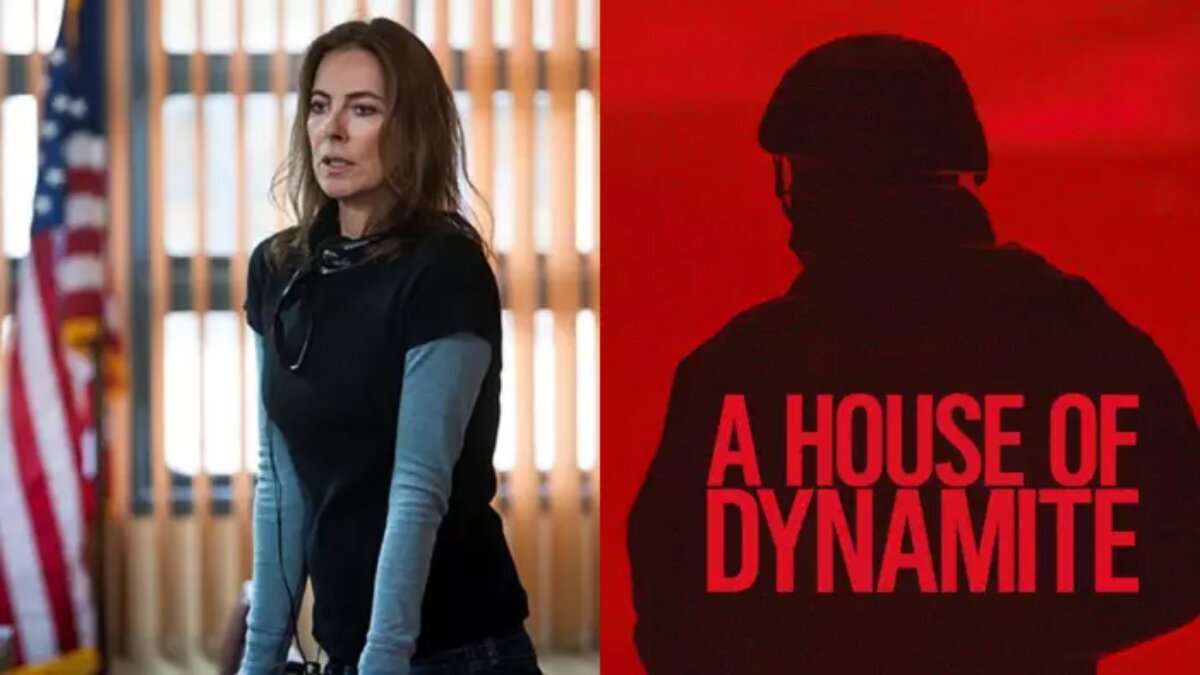Kathryn Bigelow’s A House of Dynamite is a gripping exploration of one of the most terrifying subjects in cinema: nuclear war. The film dives into the chaos and moral paralysis that come with such a crisis, delivering a tense, realistic experience that has drawn comparisons to Dr. Strangelove and Fail-Safe. Unlike other films that touch on nuclear threats lightly, Bigelow approaches the story with intense seriousness.
The story unfolds over just 18 minutes—the estimated time between a missile launch from the Pacific and its impact on Chicago. This short span is shown from multiple perspectives, each one increasing the sense of dread. Military personnel and civilian officials scramble in high-security centers like the Presidential Emergency Operations Centre, surrounded by monitors, communication grids, and control rooms.
Tension comes not just from the threat itself, but from the uncertainty of its origin. Is it a rogue North Korean attack, or something even more unpredictable? The film moves beyond the Cold War notion of mutually assured destruction, exploring the confusion and fear in real time. Rebecca Ferguson plays Capt Olivia Walker, a sharp intelligence analyst. Tracy Letts is Gen Anthony Brady, and Jared Harris portrays Defence Secretary Reid Baker, whose personal connection to Chicago complicates his decisions.
Gabriel Basso plays a young NSA advisor, bringing both intellectual insight and a glimmer of hope, while Jonah Hauer-King’s naval officer quietly safeguards the president’s nuclear codes. Idris Elba stars as the president, caught off-guard during a lighthearted public event, evoking the unsettling reality of leaders being pulled into crises unexpectedly.
Writer Noah Oppenheim captures the moral paralysis that emerges when decisions must be made under pressure with incomplete information. Every choice feels weighty, and the film shows how quickly the world can spiral when the people in power struggle to act responsibly.
The movie keeps viewers on edge, even if some moments veer toward melodrama. Its realism is reinforced by a strong cast, meticulous story, and portrayal of power under pressure, yet it sometimes feels heightened for effect. By combining everyday news moments with the looming catastrophe, A House of Dynamite doesn’t just depict nuclear horror—it asks hard questions about the authority structures meant to prevent it and the fragile moral compass of society.


